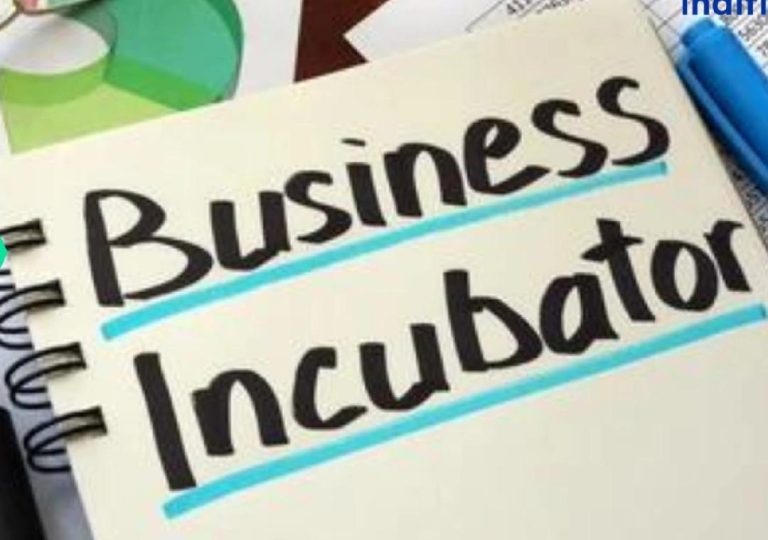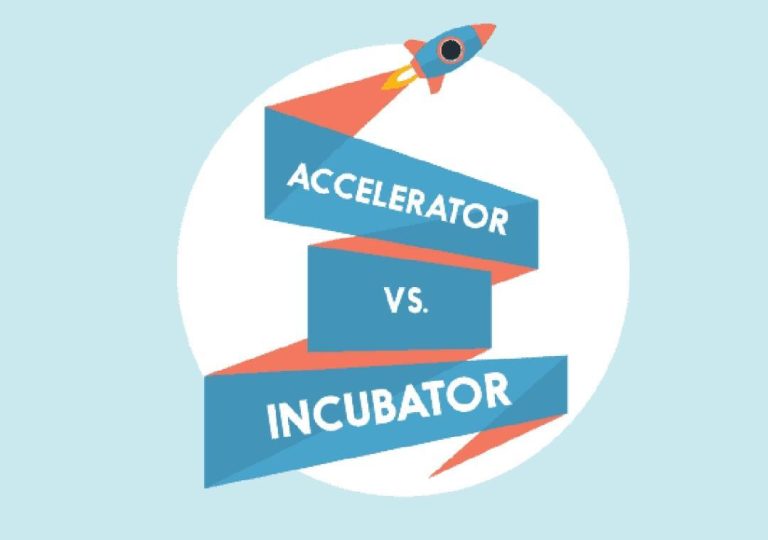
AI, Creators & Tier-2 Cities Power India’s Startup Growth
India’s startup ecosystem has been making waves globally, with a surge in innovation and entrepreneurship across various sectors. A recent report by Meta-A&M has shed light on the key trends driving this growth, and the findings are both fascinating and insightful. In this blog post, we’ll dive into the report’s key takeaways and explore how AI, omnichannel models, Tier-2 city expansion, and creator-driven branding are transforming the startup landscape in India.
AI Adoption: The New Normal
The report reveals that a staggering 70% of Indian startups are using Artificial Intelligence (AI) to power their operations. This is not surprising, given the rapid advancements in AI technology and its potential to revolutionize various industries. AI is being used to improve customer service, develop personalized marketing strategies, and even optimize supply chain management. The adoption of AI is also driven by the availability of affordable and scalable AI solutions, making it easier for startups to integrate this technology into their workflows.
Omnichannel Models: The Future of Customer Engagement
The report also highlights the importance of omnichannel models in the Indian startup landscape. A whopping 67% of startups are adopting omnichannel strategies to engage with their customers. This approach involves providing a seamless customer experience across multiple touchpoints, including social media, email, messaging apps, and physical stores. Omnichannel models are crucial in today’s digital age, as they enable startups to build strong brand loyalty and drive conversions.
Tier-2 City Expansion: The Next Frontier
Another significant trend emerging from the report is the expansion of Indian startups into Tier-2 and Tier-3 cities. A staggering 95% of startups are targeting smaller cities, which are often characterized by lower costs, a younger demographic, and a growing middle class. This shift is driven by the need for startups to scale and reach a broader customer base. Tier-2 cities offer a unique opportunity for startups to establish themselves as leaders in their respective markets.
Creator Economy: The Rise of Influencers
The report also highlights the importance of the creator economy in India’s startup landscape. An impressive 88% of startups are partnering with influencers early in their growth journey. This trend is driven by the recognition that influencers can help startups build brand awareness, drive engagement, and acquire new customers. The rise of the creator economy has also led to the emergence of new business models, such as affiliate marketing and sponsored content.
Implications for Startups
So, what do these trends mean for startups in India? The report’s findings have significant implications for startups looking to scale and establish themselves in the market. Here are a few takeaways:
- AI is no longer a competitive advantage: With 70% of startups using AI, it’s no longer a unique selling point. Startups must focus on developing innovative applications of AI to stay ahead of the competition.
- Omnichannel models are essential: Startups must invest in omnichannel models to provide a seamless customer experience and drive conversions.
- Tier-2 city expansion is crucial: Startups must consider expanding into smaller cities to reach a broader customer base and establish themselves as leaders in their respective markets.
- Partner with creators early: Startups must recognize the importance of partnering with influencers early in their growth journey to build brand awareness and drive engagement.
Conclusion
India’s startup ecosystem is evolving rapidly, driven by the adoption of AI, omnichannel models, Tier-2 city expansion, and the rise of the creator economy. Startups that fail to adapt to these trends risk being left behind. On the other hand, those that successfully integrate these trends into their growth strategies are likely to reap significant rewards. As the Indian startup landscape continues to evolve, one thing is clear – the future belongs to those who are agile, innovative, and willing to take calculated risks.
Source:






